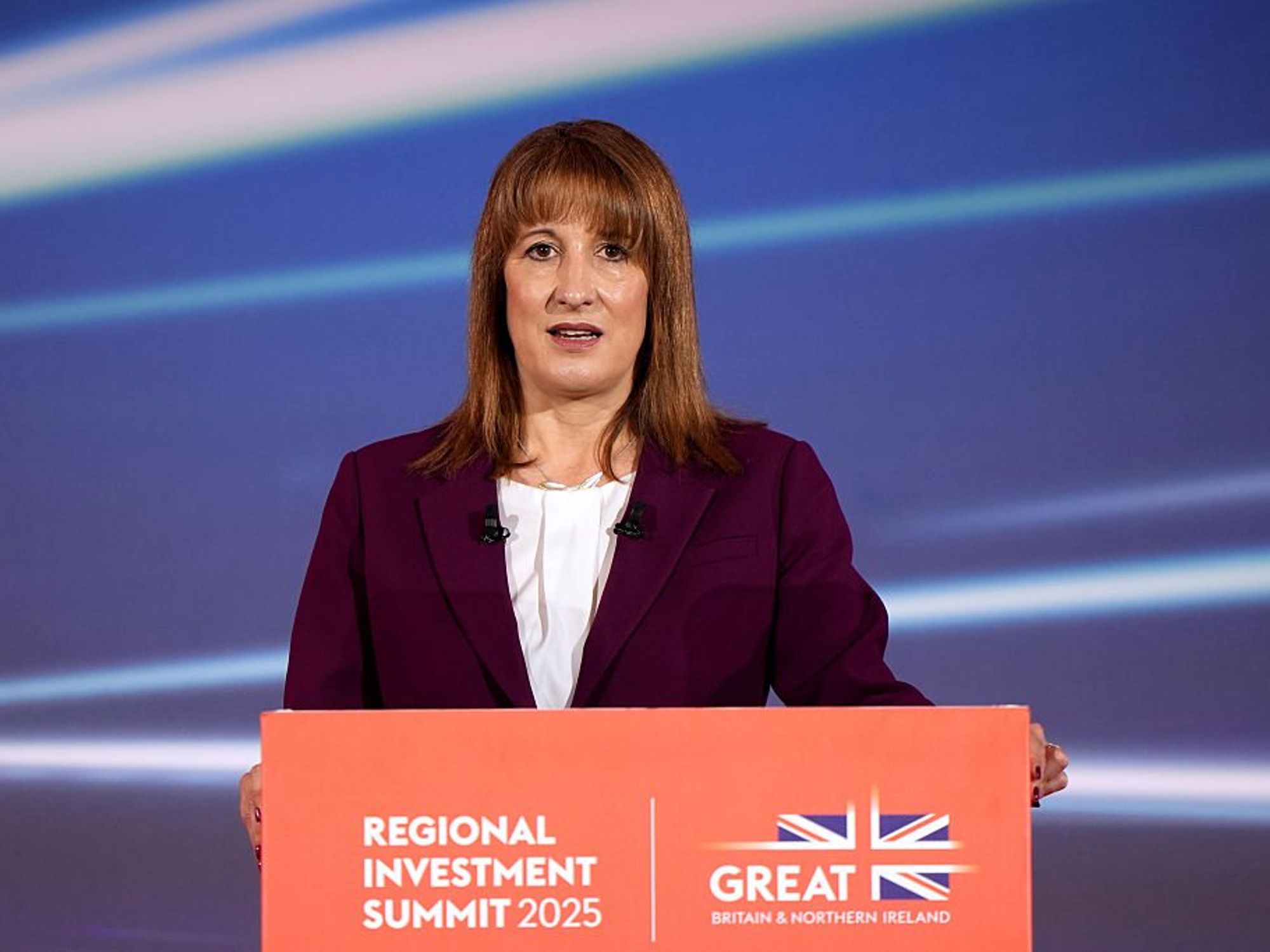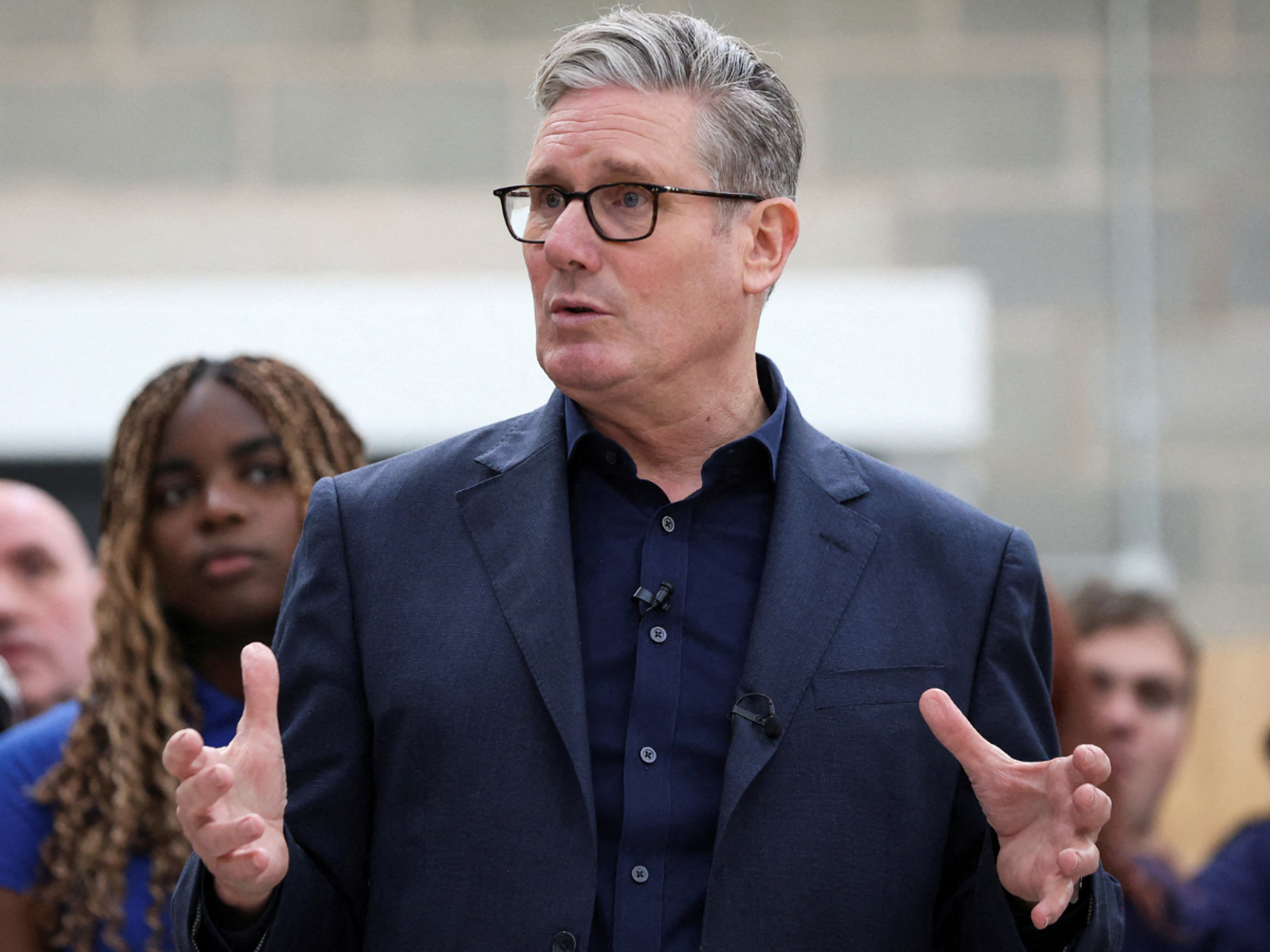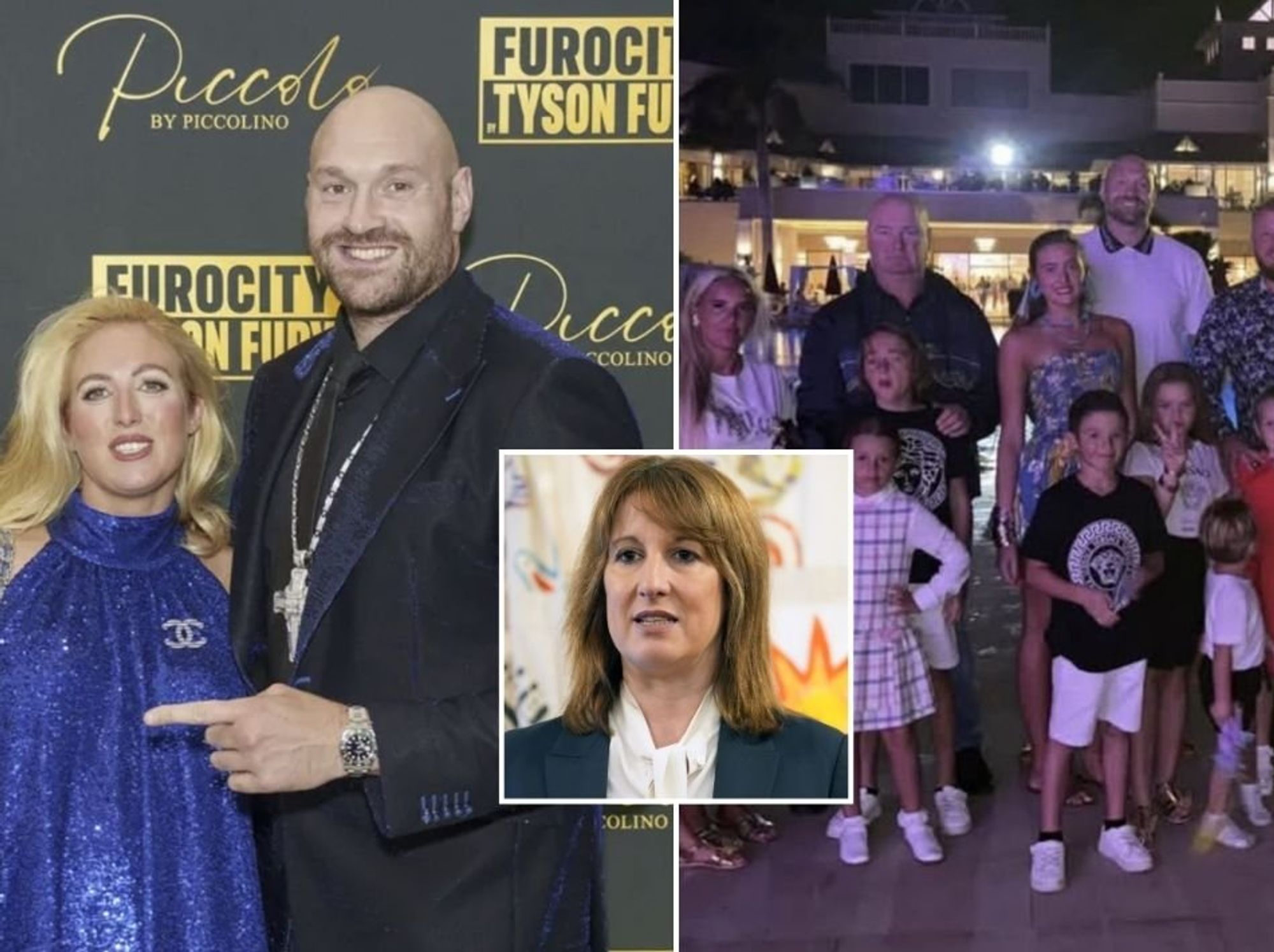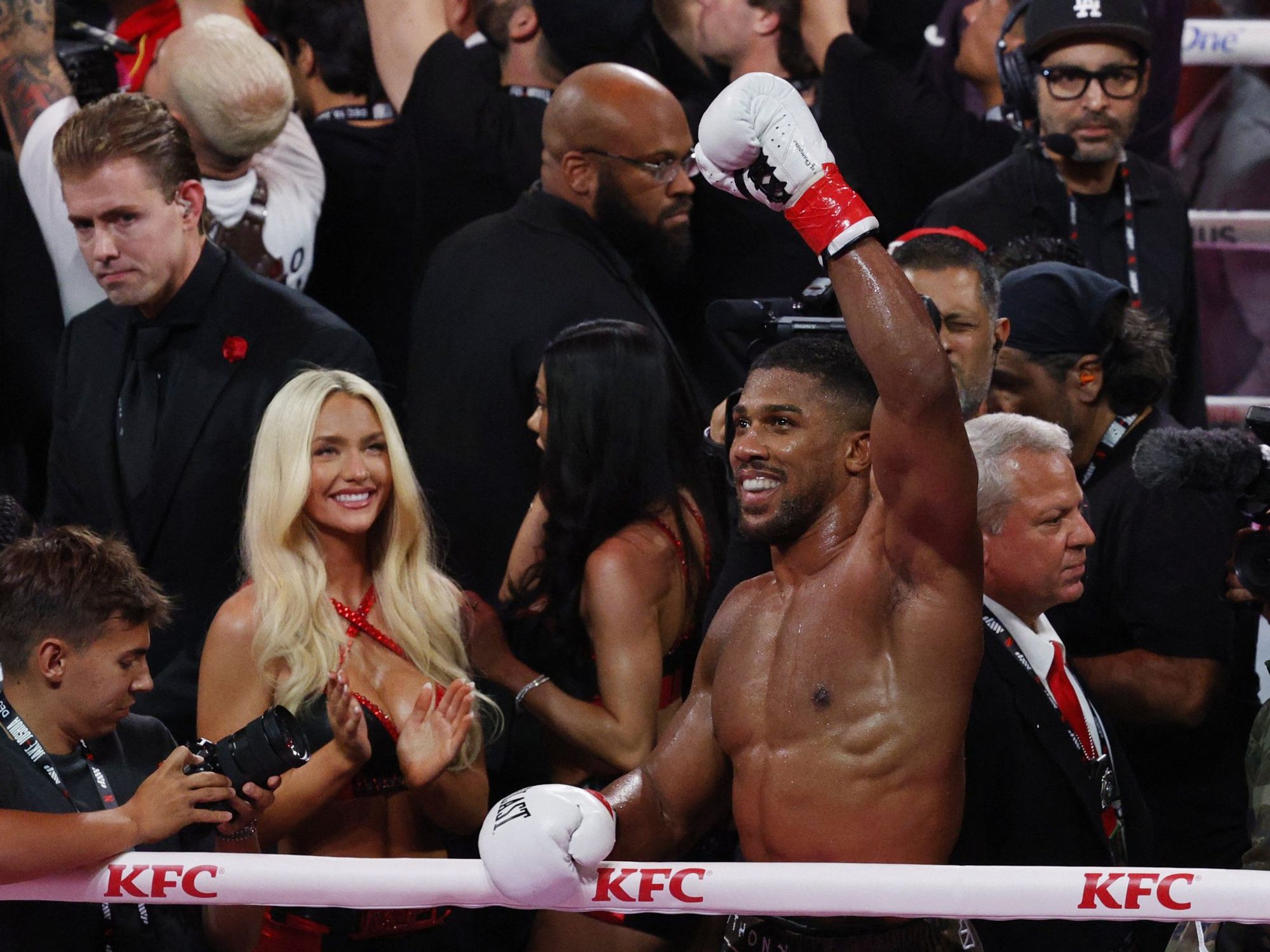Trump entitled to 'absolute immunity' for core constitutional powers but NOT for 'unofficial acts', Supreme Court rules
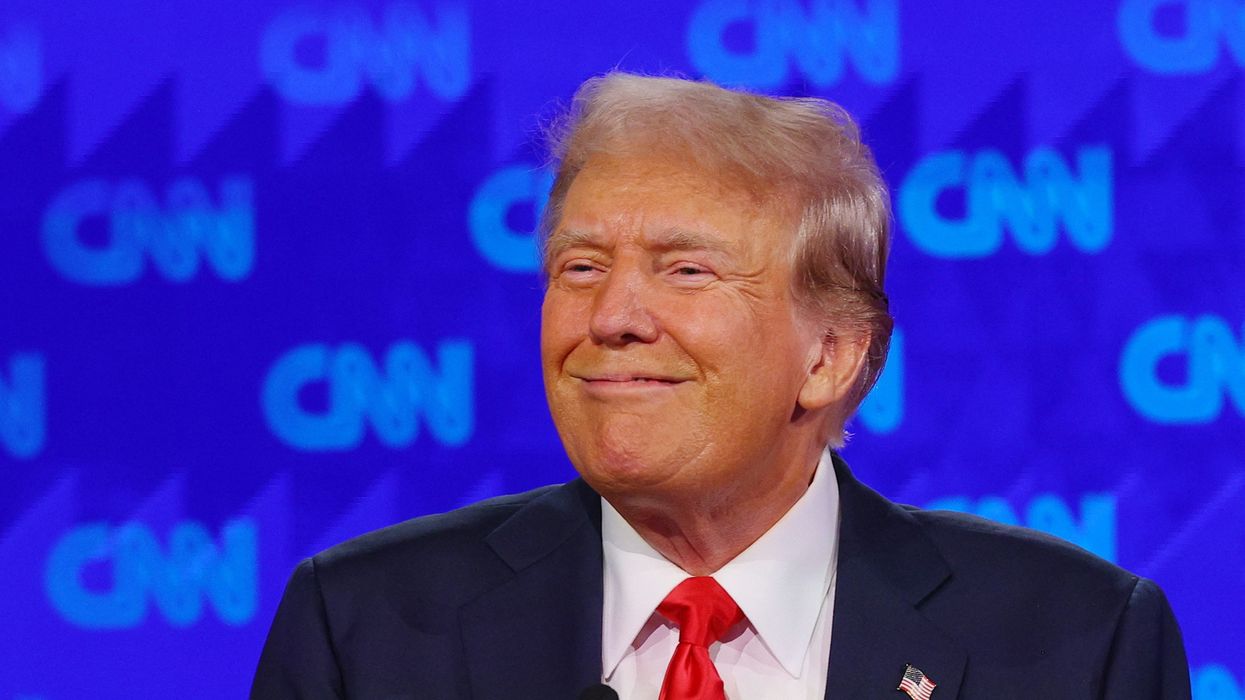
The former President will have "absolute immunity" for official acts
|Reuters

In a landmark ruling today, the 45th President - seeking reelection this November - was granted immunity for 'official acts'
Don't Miss
Most Read
Donald Trump has been confirmed as partially immune from prosecution for his actions as President, the US Supreme Court has ruled.
In a landmark ruling today, the 45th President - seeking reelection this November - was granted immunity for "official acts", or actions "within his conclusive and preclusive constitutional authority".
But crucially, Trump is not immune from prosecution for "unofficial acts" - essentially, anything the ex-Commander-in-Chief has done privately "out of office", so to speak.
Chief Justice John Roberts, announcing the ruling which had been voted through by a margin of six to three justices, said "the nature of Presidential power entitles a former President to absolute immunity from criminal prosecution" for official acts taken as President.
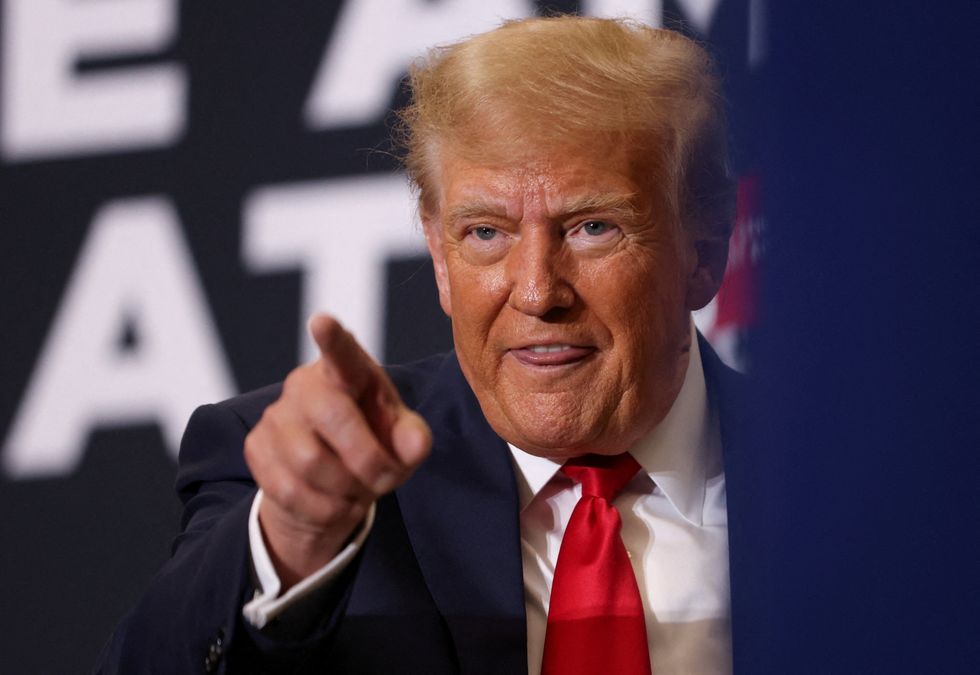
Donald Trump is seeking reelection this November
|Reuters
While the ruling itself says: "Under our constitutional structure of separated powers, the nature of Presidential power entitles a former President to absolute immunity from criminal prosecution for actions within his conclusive and preclusive constitutional authority.
"And he is entitled to at least presumptive immunity from prosecution for all his official acts.
"There is no immunity for unofficial acts."
Chief Justice Roberts also raised concerns over the unprecedented nature of the ruling, noting that the US has "never before needed an answer".
MORE ON THE DONALD:
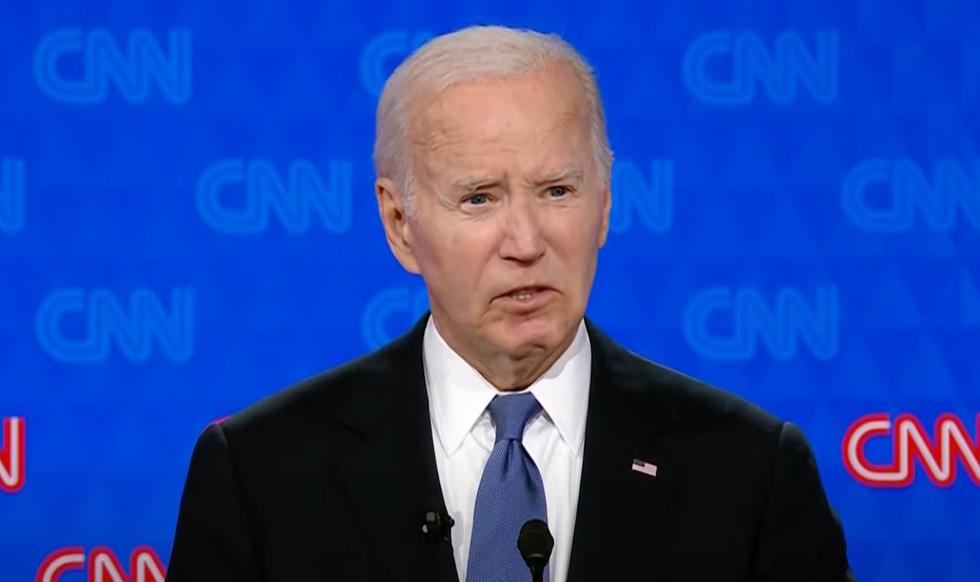
Joe Biden will face off against Donald Trump later this year
| CNNHe said: "This case poses a question of lasting significance: When may a former President be prosecuted for official acts taken during his Presidency?
Our Nation has never before needed an answer. But in addressing that question today, unlike the political branches and the public at large, we cannot afford to fixate exclusively, or even primarily, on present exigencies."
Trump will challenge Joe Biden at the polls on November 5 as he seeks to become just the second President since Grover Cleveland to serve two non-consecutive terms.
And the court's slow handling of the blockbuster case already had helped him by making it unlikely that any trial on the charges, brought by Special Counsel Jack Smith, could be completed before the election.
Trump had argued that he is immune from prosecution because he was serving as President when he took the actions that led to the charges - but Smith had opposed presidential immunity from prosecution based on the principle that no one is above the law.
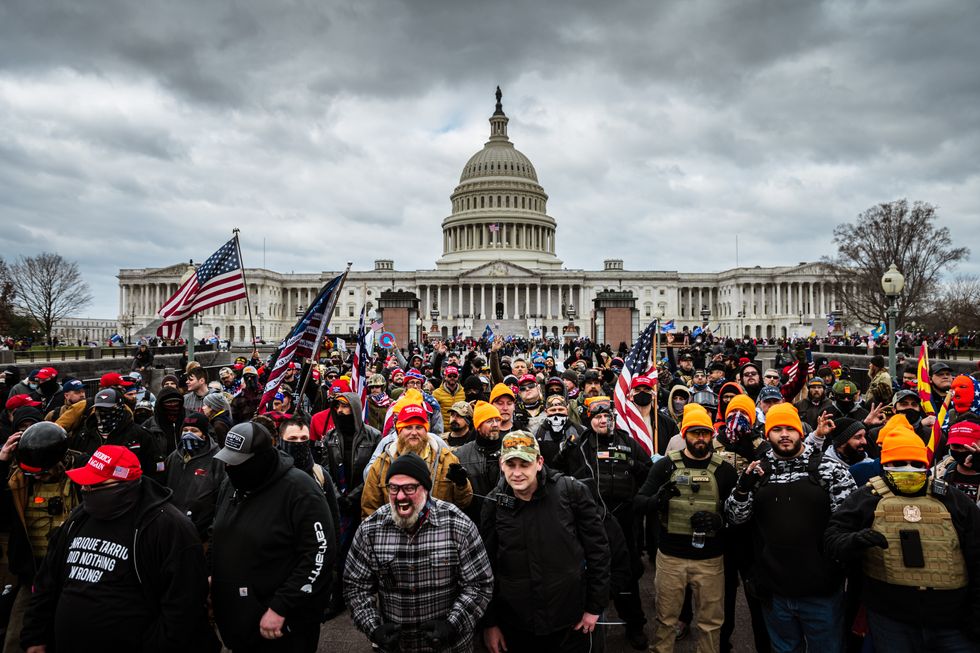
Pro-Trump protesters had stormed the Capitol Building on January 6, 2021
| GettyIn April, Trump's legal team urged the justices to fully shield former presidents from criminal charges - "absolute immunity" - for official acts taken in office. Without immunity, Trump's lawyer said, sitting presidents would face "blackmail and extortion" by political rivals due to the threat of future prosecution.
A lawyer for the special counsel's office told the Supreme Court during arguments that the "absolute immunity" sought by Trump would shield presidents from criminal liability for bribery, treason, sedition, murder and, as in this case, trying to overturn the proper results of an election and stay in power.
Federal prosecutors have accused Trump of pressuring government officials to overturn the election results and encouraging his supporters to march on the Capitol on January 6, 2021, to push Congress not to certify Biden's victory, based on false claims of widespread voter fraud.
Trump also faces election subversion charges in state court in Georgia and federal charges in Florida brought by Smith relating to keeping classified documents after leaving office.
And if he regains the presidency, Trump could try to force an end to the prosecution or potentially pardon himself for any federal crimes.





